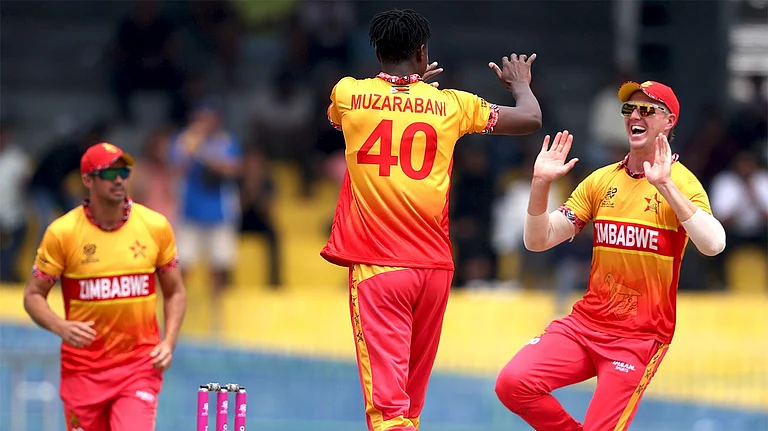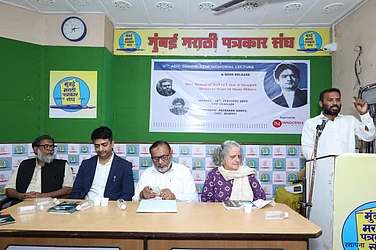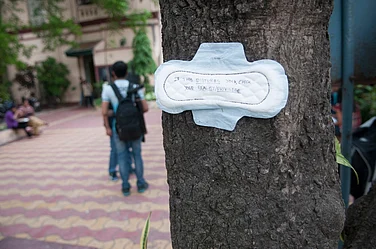Britain’s King Charles III on Monday sent a condolence message to President Droupadi Murmu, expressing his profound shock and sadness over the deadly train accident in Balasore, recalling his fond memories of a visit to Odisha 43 years ago.
The accident, involving three trains, is one of the worst in the country and took place in Odisha's Balasore district on Friday night which has claimed an estimated 275 lives and left over 1,200 people injured.
“Both my wife [Queen Camilla] and I have been most profoundly shocked and saddened by the news of such a dreadful accident outside Balasore. I would like to express our deepest possible condolences to the families of all those who have so tragically lost their lives,” Charles was quoted as saying in a statement issued by Buckingham Palace.
In the statement that was also posted across the royal social media channels, the 74-year-old monarch speaks of the special place in his heart for India and reflects upon his fond memories of a visit to Odisha 43 years ago.
“I do hope you know what a special place India and the people of India have in our hearts. I have particularly fond memories of visiting Odisha in 1980 and meeting some of its people on that occasion," it said.
"I pray, therefore, that you may be able to convey our most heartfelt prayers and sympathy to all those who have been affected by this appalling tragedy, together with our special thoughts for the people of Odisha,” the King concludes.
The message follows several condolence messages from the UK government, including from Prime Minister Rishi Sunak who extended his “heartfelt support and admiration to the survivors and those working tirelessly to respond” to the accident.


























